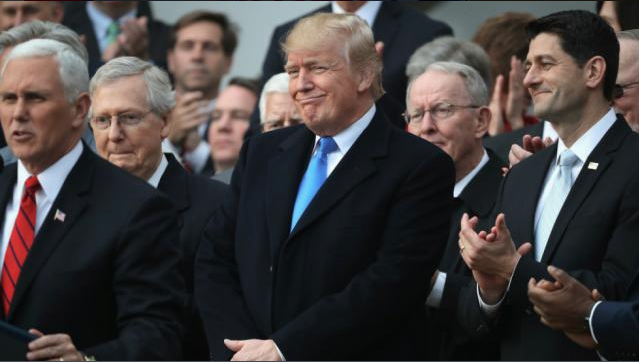Trump Tax is Coming. Who Wins and Who Loses?
20 Dec, 2017
A triumphant President Donald Trump and jubilant fellow Republicans celebrated the passage of their $1.5 trillion tax overhaul Wednesday as a “historic victory for the American people.” The American people, however, will need some convincing.
As Trump and GOP lawmakers gathered at the White House to cheer their first major legislative achievement — and the biggest tax changes in a generation — some Republicans warned that the party could face a painful political backlash against an overhaul that offers corporations and wealthy taxpayers the biggest benefits and was projected to trigger the loss of health care coverage for millions of Americans.
There was no hint of anxiety at the White House, though, as the president and congressional Republicans pushed any qualms aside and reveled in a much-needed win at the end of a year marked by GOP infighting and political stumbles.
“We are making America great again,” Trump declared, personally thanking his “little team” of Senate Majority Leader Mitch McConnell and House Speaker Paul Ryan, before lawmakers lavished praise upon a president they have often openly criticized.
“I don’t know if we’ll have bigger moments, but we hope to,” said Trump.
The president was expected to sign the bill at a later date for technical reasons. In fact, the signing may be postponed until the start of the new calendar year in order to delay $120 billion in automatic cuts to popular programs such as Medicare and spare Republicans from having to explain them in an election year.
The tax package provides a deep cut in the corporate rate, from 35 percent to 21 percent. On the individual side, about 80 percent of American households will get tax cuts next year, while about 5 percent will pay more, according to the nonpartisan Tax Policy Center.
People who make less than $25,000 will see an average tax cut of $60; those who earn between $49,000 and $86,000 will get about $900, and those in the top 1 percent of income — earning more than $733,000 — will receive around $51,000 in tax savings, the policy center said.
The cuts will come at a price: The Congressional Budget Office predicts the legislation will add $1.4 trillion to the national debt over the next decade.
Some of the president’s strongest allies conceded that voters may not immediately warm to the new law.
The White House said Wednesday that Trump will actively promote the bill. Aides argued that media coverage has not accurately portrayed the benefits and that people will come around as they feel the payoff.
Trump himself complained in a tweet that “defeated Dems” and the media were out to “demean” the tax package but “the results will speak for themselves, starting very soon.”
Democrats, who unanimously opposed the tax plan in Congress, were furious about the new policy yet upbeat about the potential political fallout in next year’s elections. They need to flip 24 House seats and just two Senate seats to take control of each chamber.
Asked if the tax bill will help Republicans hold the House, Minority Leader Nancy Pelosi leaned into a microphone and said, “Let. Them. Think. That.”
The bill goes far beyond taxes.
While it does not repeal the law known as “Obamacare,” the legislation finalized by the House on Wednesday attacks a central tenet of the health care system by eliminating the requirement that all Americans have health insurance. The Congressional Budget Office says elimination of the “individual mandate” will boost health care costs by about 10 percent for those with coverage and leave 13 million additional Americans without health insurance in 10 years.
Millions of people will still remain covered under the law’s Medicaid expansion and health care exchanges, but Trump cast the package as a shadow repeal.
“We have essentially repealed Obamacare,” the president declared.
On taxes, the first modest effects will be felt in February paychecks.
People living in high-tax states like New York and California may ultimately pay more. Among those who benefit, the wealthy will make out far better than the working-class voters who fueled Trump’s victory last year.
Trump said Wednesday the bill will spur economic growth as corporations, flush with cash, increase wages and hire more workers. Democrats questioned, even mocked that prediction.
Reflecting the political risks, some of the nation’s most vulnerable House Republicans voted against the bill.
Mentioned In This Post:
About the author
Related Posts
-
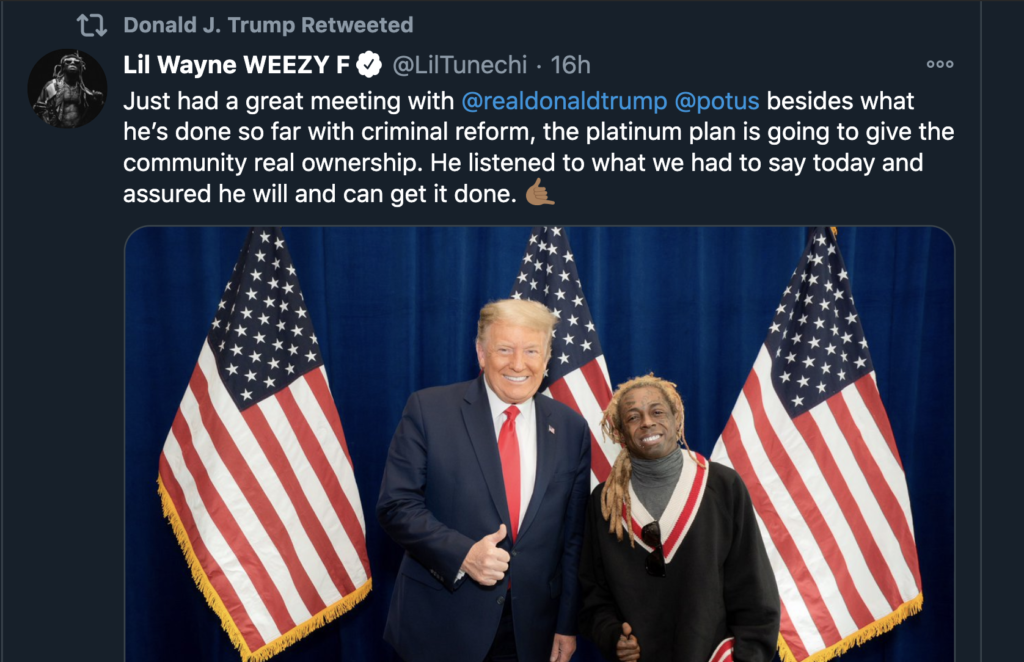
Newest Collab Lil Wayne x MAGA
-
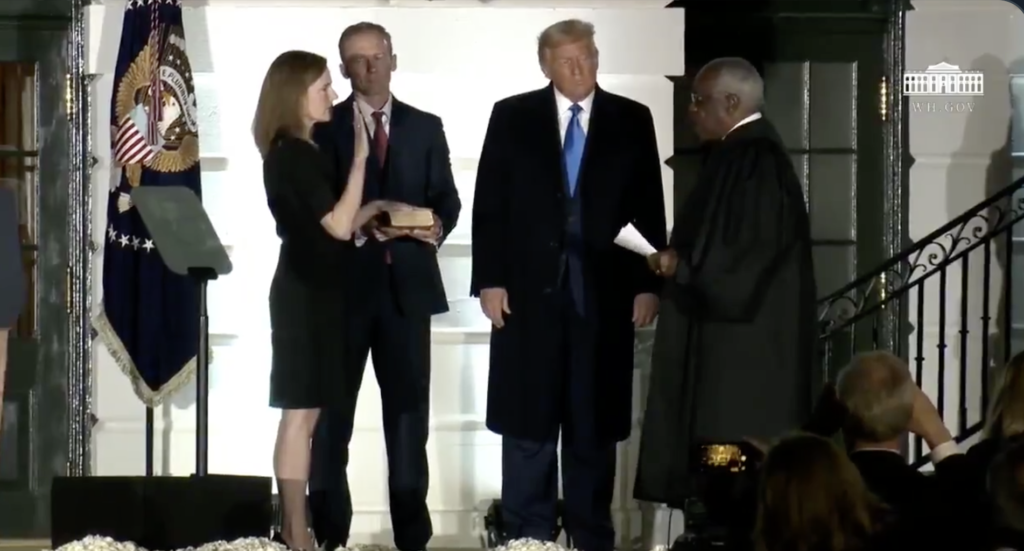
Like it or Not, Amy's In.
-
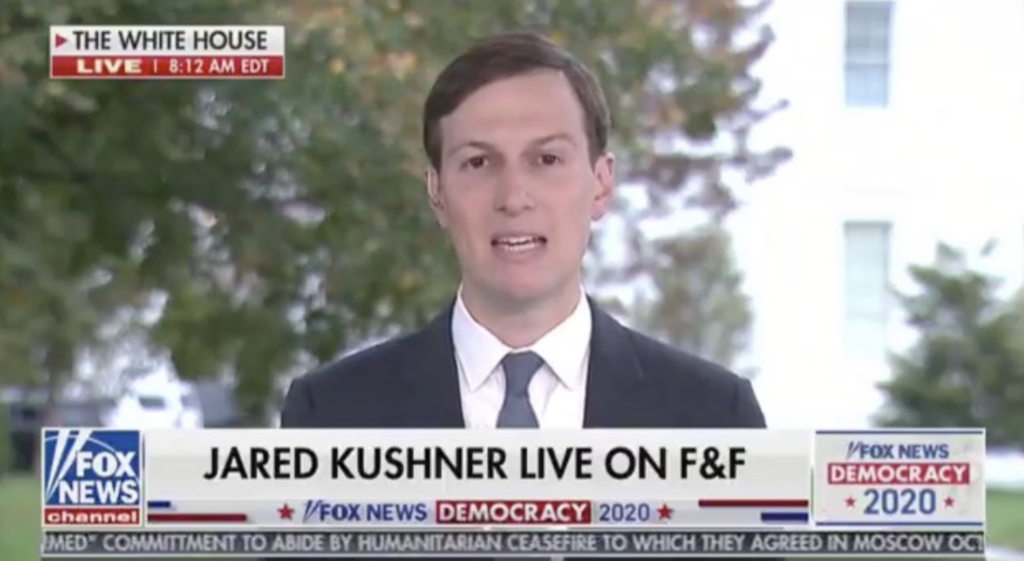
If Only We All Had Rich Daddies
-
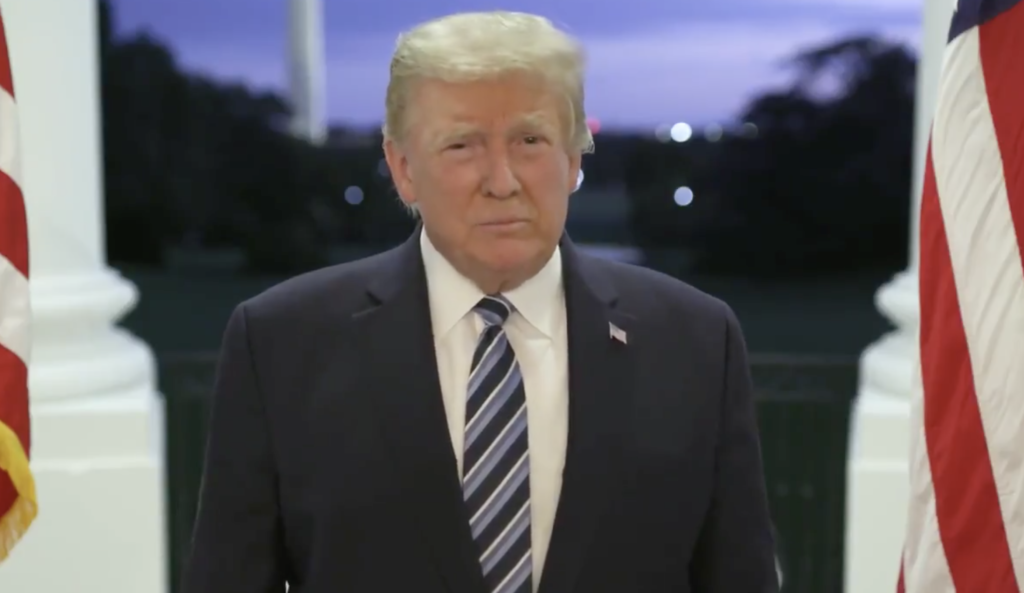
"Don't Be Afraid of COVID!" He Says
-
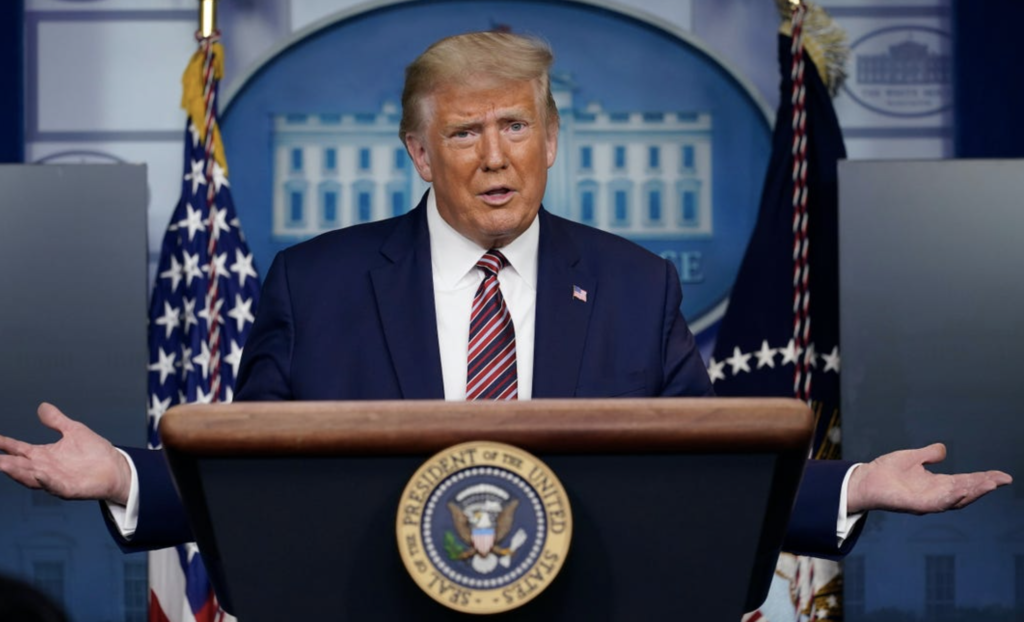
Trumps In The Hospital and His Cronies Are Infected
-
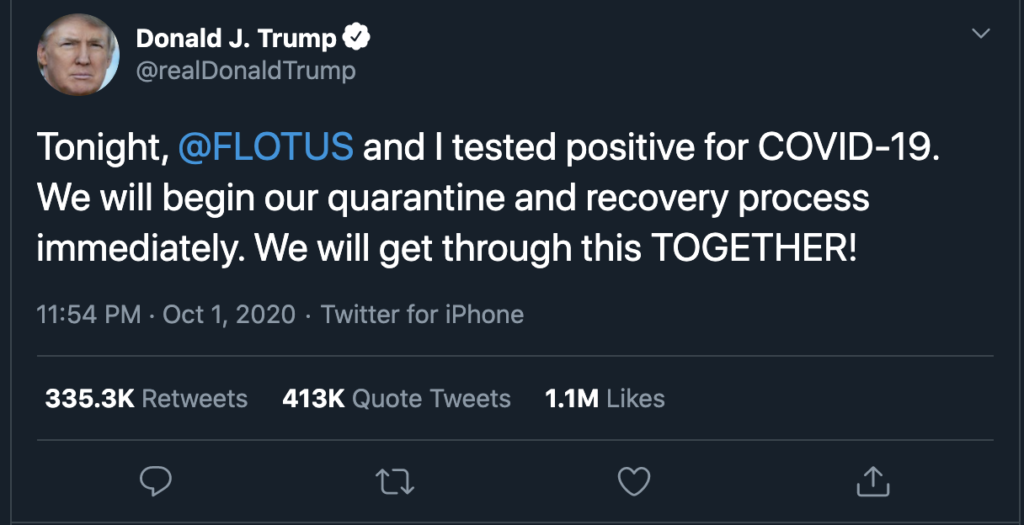
Trump Tests Positive for the 'China Virus'
-
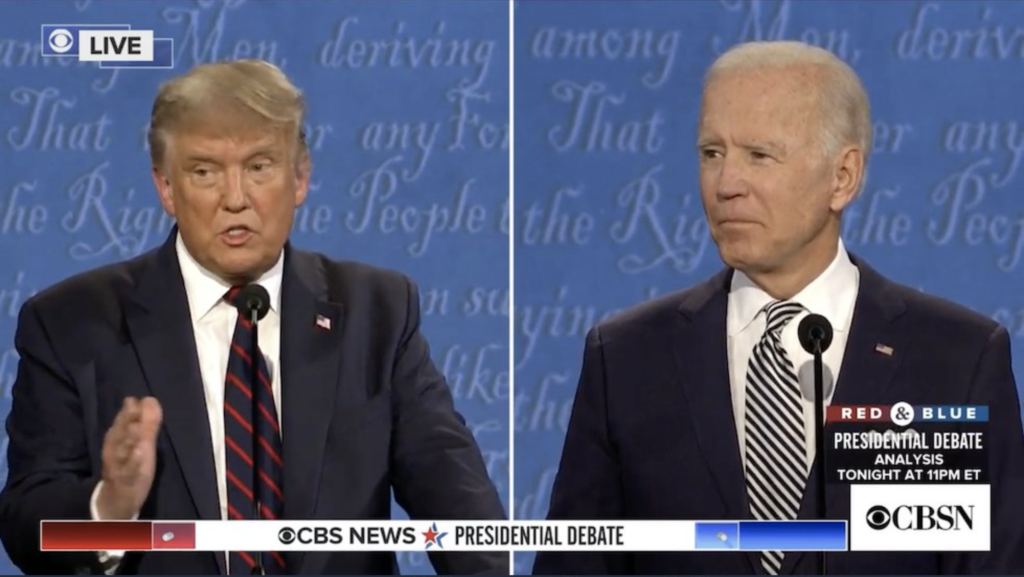
What A Shit Show!
-
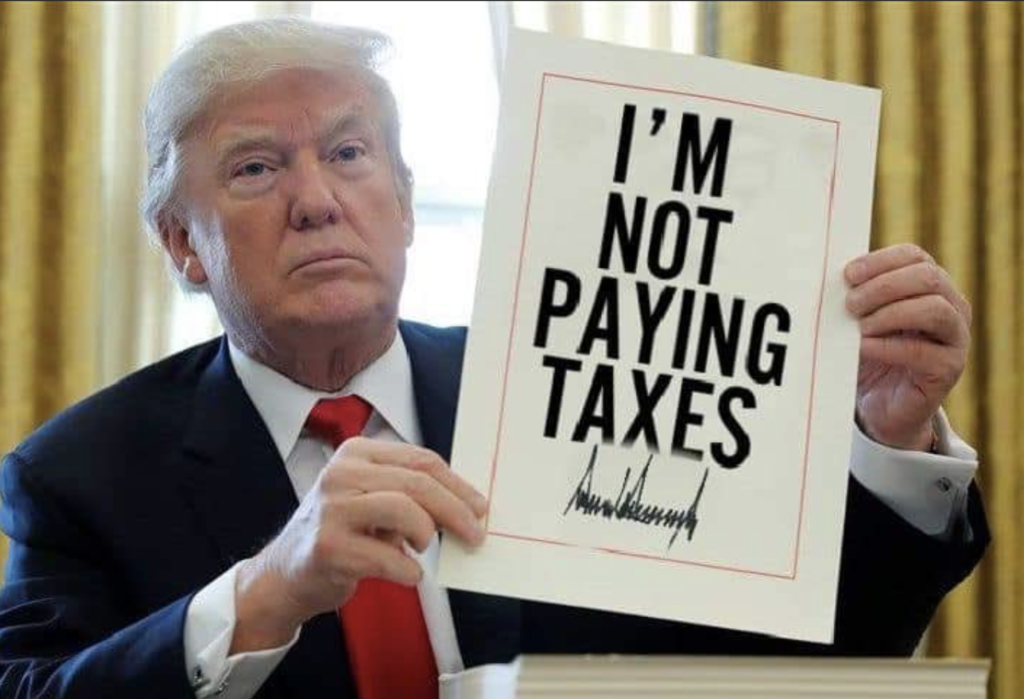
Is Anyone Really Surprised??
-
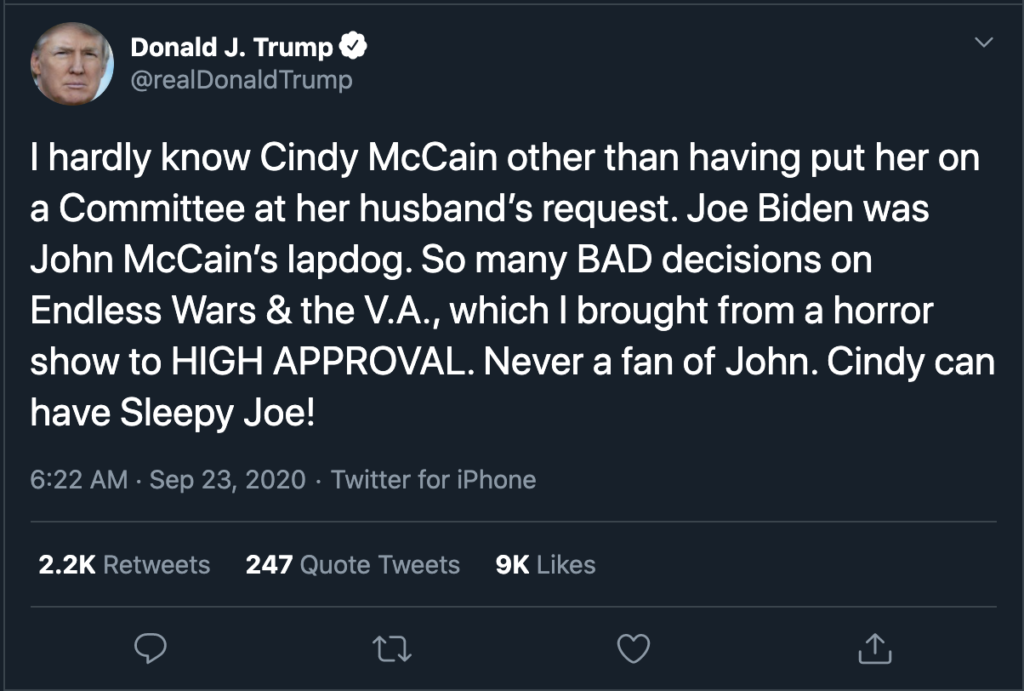
McCain Endorses Biden, Trump No Likey
-
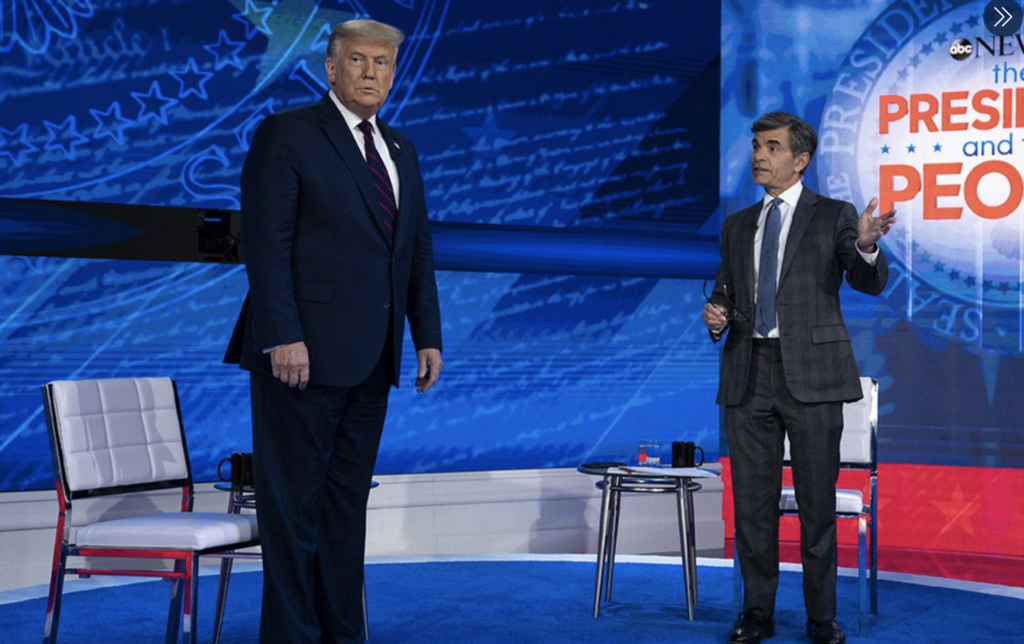
Don't Believe Your Ears, Believe Me.

